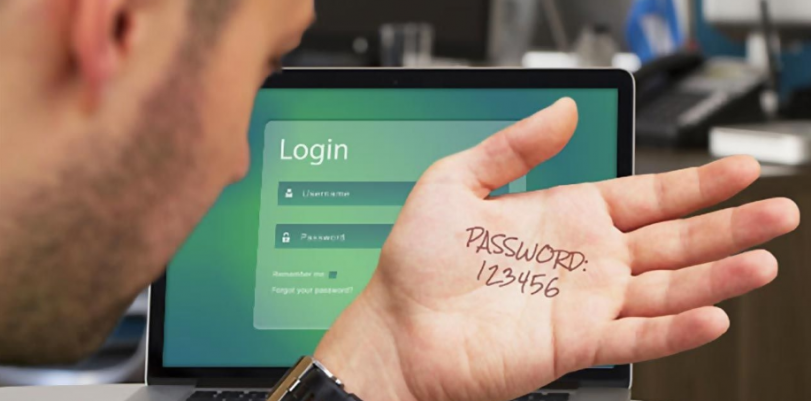Passwords are used for one reason alone; to limit the accessibility of personal accounts to yourself. Be it for your online bank account, social media account, or an account on any other website, passwords are put in place to keep your account safe from malicious users. But such users are always on the lookout to gain access to your account for rewards of their own.
But such users are always on the lookout to gain access to your account for rewards of their own. It is therefore important that you protect yourself against password attacks. We’ll tell you how.
Different Password Attacks:
Logging Keystrokes
This is quite a common password attack, where the malicious user can use software or hardware to record which keys a user inputs while on his or her computer. The software can be installed on the user’s system through a malicious landing page. Information like passwords, general internet activity, and even credit card details, can be stolen via this method.
Phishing Campaigns
This is one of the oldest tricks in the book. Users might get an email with a link to a spoof website which requires them to input their account details on landing. Alternatively, they can also be tricked into going to the malicious page by a malicious advertisement on a legitimate website. The trick is to make it look like the landing page is a legitimate website. Once the user enters his details, they are recorded by the operator of the landing page.
Sniffing
When a person can monitor the end to end traffic between a user system and a website, then he can see everything that is shared from one end to the other. Everything, including your passwords, can be seen by the sniffer. Although most banking and e-commerce sites use secure networks when requesting for sensitive information, there are many websites that do not do so, making the hacker’s job simpler.
How to Protect Yourself?
Be wary and keep yourself informed! The thing with most password attacks is that they rely on the user to be slightly careless in order to be successful. The onus, therefore, is on the user to make sure he does not aid the malicious user in any way. If you are wary of suspicious emails and have a general knowledge of the type of password attacks that can occur, you are that much safer from them.
Use a VPN to Protect Against Password Attacks:
VPNs are especially useful when protecting yourself from password attacks. All such attacks involve directing the user to a malicious website, installing malware on their system, or sniffing on the traffic. VPNs help you beat all three, as they encrypt your entire connection and warn you the moment you visit a suspicious website.
All the information you share is transferred through an encrypted tunnel, meaning that not only can anyone know which website you are visiting, they cannot see what information you are sharing either.
Moreover, good VPNs like TorGuard offer privacy and anonymity beyond comparison, keeping your activity hidden from anyone trying to snoop in on it. Email protection is also something that VPNs like TorGuard can help you out with, ensuring that you remain protected from all kinds of password attacks.
Here are some other good VPNs:
 |
 |
|
|---|---|---|
| Multi-platform Compatible | ||
| 256-AES Encryption | ||
| PRICE | $5 for 1 month with code "best10VPN" | $6.95 a month |
| Website Rating | 9.9 | 8.8 |
| 24/7 Live Chat | ||
| Residential / Dedicated IP for permanent streaming access | ||
| Has Mobile App + PC / Mac Support | ||
| Stealth VPN / Advanced Obfuscation techniques | ||
| Visit VPN Provider | Visit TorGuard | Visit PIA |
Conclusion
In this article, we talked about how you can protect yourself against password attacks using a VPN. The methods of attack mentioned aren’t the only ones that malicious users use, but if you use a good VPN, you can feel secure and share sensitive information without worrying too much.
The primary concern when you use a VPN is the amount of information the VPN records. This is why we mentioned TorGuard, for it has one of the best logless policies we have come across.
